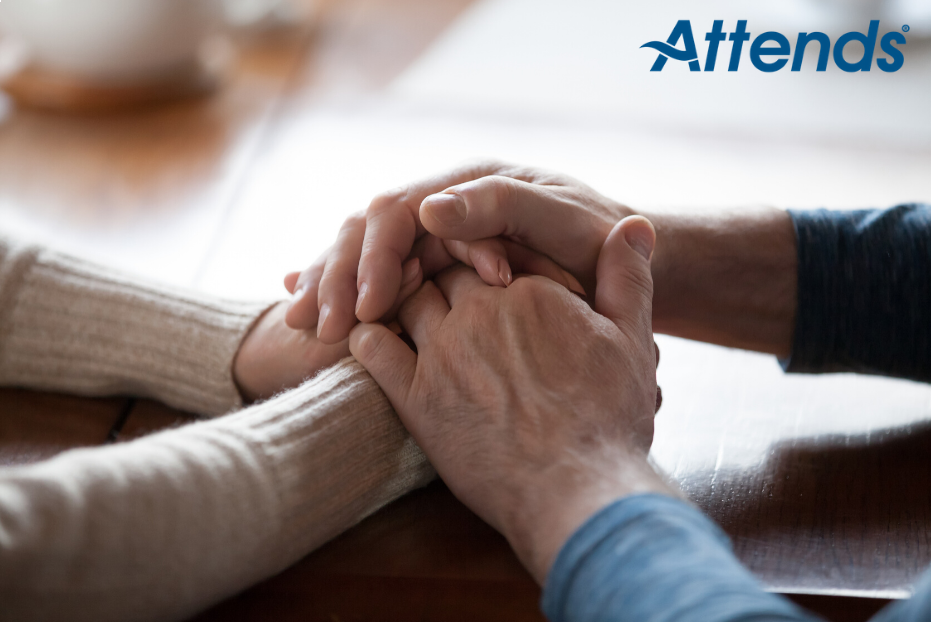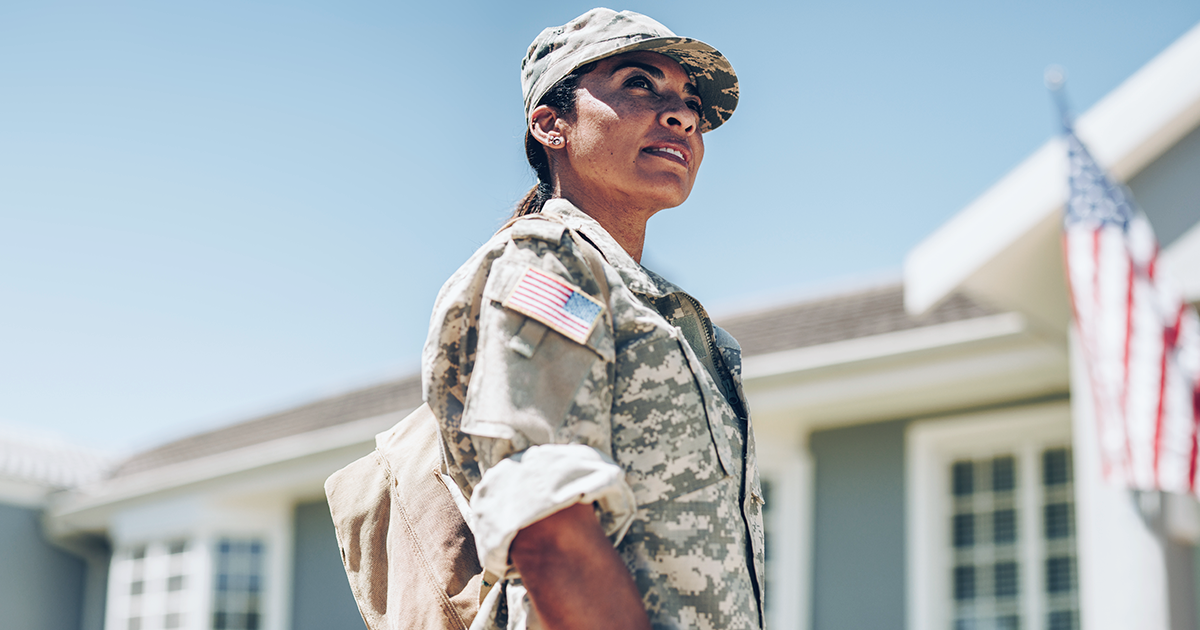I watched my mom care for Grandma in the final months of her life. We had a “baby monitor” set up by Grandma’s bed, and the other one stayed with mom at all times. It wouldn’t be an exaggeration to say that every five minutes I heard my Grandma’s voice through the monitor. “Elizabeth? Elizabeth?” Then, with more urgency. “Elizabeth! Elizabeth!”
Mom would sit down to eat a sandwich, her first meal of the day at noon. “Elizabeth?” called the monitor.
You see, Grandma lost sense of time. She couldn’t tell it had only been five minutes. Sometimes Mom would go tend to Grandma, then explain, “I need to go eat lunch now. I will be back soon.” But still, only a few minutes later, Grandma would want her.
More specifically, Grandma only wanted her. Sometimes I’d go care for Grandma, or my aunt or uncle. Grandma would greet us, but then ask, “Where’s Elizabeth? Can you get her?”
Grandma’s Mind and Personality Had Changed
My Grandma had once been the most selfless, compassion, concerned person in the world. She would worry over me endlessly, asking “Do you have a coat? It’s cold today!” and “Can you call me when you get home? It’s already dark outside!” At 92 years old, she’d still cook me a full meal and pack some of it to take home; she’d give me the food off her plate to make sure I ate well.
Now, Grandma didn’t seem to notice or concern herself if we hadn’t eaten all day or slept all night. She’d call for us over the monitor.
Even though I’m sure my mom understood that Grandma couldn’t help it, that her brain was changing, mom still felt guilty if she didn’t answer every single one of Grandma’s calls. Even if someone else could take care of Grandma for a few hours, mom felt bad because Grandma usually asked for her specifically. I’d never seen my grandmother be demanding. It was painful to watch her personality change, even as we took care of her day in and day out.
Sundowning: No Sleep for the Caregiver
On top of losing all sense of time, calling for mom every five minutes, Grandma also began sundowning. Essentially, when the sun went down, she’d get more active and anxious, often not sleeping at all. And if she didn’t sleep, mom didn’t sleep. We would take turns holding the monitor at night, but Grandma would still call, “Elizabeth!”
We’d enter the living room at 3am and ask what we could do to help, and Grandma would say, “We need to fold the towels for tomorrow.”
When the Caregiver Gets Sick
We all did our best to work together, but when the flu tore through our household, we were all susceptible, due to lack of sleep and regular meals, emotional fatigue, and trying to maintain our work schedules.
Mom had a cold and suffered from asthma flare-ups due to stress. I told her, “Mom, you need to eat and sleep. Take a day to yourself, or you’ll end up in the hospital yourself. A large percentage of caregivers end up hospitalized. Then you won’t be any good to Grandma at all.”
But caregivers are nurturers by nature. And mom had inherited Grandma’s selfless, caring personality.
I will be okay. It’s just a little asthma, and these are Grandma’s last few weeks with us. She’s feeling way worse than I am. And I don’t want to make her feel guilty by telling her I’m tired and hungry. I want her to know we’ll do anything for her.
A few days later, mom was hospitalized with the flu and low oxygen levels.
“I Don’t Need to Rest; My Loved One is Way Sicker Than I Am”
Caregiver guilt is a common phenomenon.
Caregiver burnout is a very real risk. In fact, many family caregivers risk depression, anxiety, social isolation, hospitalization, and even death. My mom’s reasoning was similar to that of endless caregivers just like her:
- “Why should I get a chance to rest, when mom is sick all the time?”
- “I do have the flu. But I can’t sleep right now. My mom needs me.”
- “How can I justify watching TV when my mother is dying in the next room? These final days are precious.”
I felt the same way. While I was physically and emotionally drained, I’d stay awake just one more hour to listen to old songs with Grandma. We don’t have much time together.
Fortunately, I would eventually listen to my body and go rest. I’d watch a TV show, prepare a favorite meal, and give myself a mental break. It’s exhausting to provide care, and it’s even more exhausting to watch your loved one’s personality change and slip away in front of your eyes.
Give Yourself Permission to Take a Break
There are many lessons to be learned from my mom’s experience with caregiver burnout. Ultimately, she landed herself in a hospital. However, providing palliative care for your loved one is a deeply personal experience, intermingled with grief and love. There’s no set of “right answers” for how to provide caregiving at the end of someone’s life. All we can do learn from each other’s experiences and try to find comfort and guidance for our own journey.
Maybe mom could have taken some time for herself, but could she have coped with the emotional turmoil of knowing Grandma was calling for her?
Maybe caregivers can practice tips to prevent burnout – or maybe the rest of us can just provide support for caregivers to help them get through everything. I know, for example, the loved ones who delivered meals to us—even just bringing pizza—were life savers. We’ve got to take care of our caregivers.
But I did tell mom one thing, and I’d like to share this with other caregivers as well:
Grandma’s mind was slowly shutting down as she approached her final stages. She couldn’t tell time, and I’m sure she didn’t know she was causing burnout. Just remember: Your loved one would never, never want to cause you stress, or turmoil, or make you sick enough to be hospitalized. Try to remember that your loved one, who took care of you for many years before they were sick, would want you to take a break and be happy – even if they can’t express that now.
Because I remember a Grandmother who would give me the food off her very plate. Who counted each M&M she dropped into our stockings at Christmas so each grandchild would have an equal amount, so nobody was made to feel “less loved.” Who selflessly paid from her limited amount of funds so I could upgrade into a nicer dorm room in college.
That Grandma wouldn’t want me to burn myself out.
Give yourself a small break and permission to rest. You’re doing the best you can.














